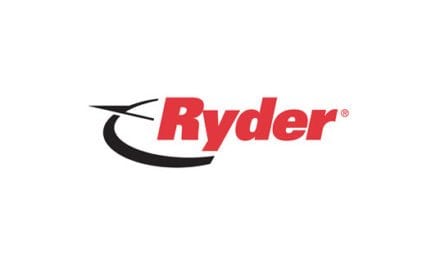Nearly 100 biodiesel advocates from across the country are visiting Capitol Hill today (June 20) urging Congress to bring back the biodiesel tax incentive as proposed in both chambers of Congress. Participants include biodiesel producers, distributors and feedstock suppliers representing more than two dozen states.
“The bipartisan biodiesel tax incentive should be reinstated, as it helps support tens of thousands of jobs nationwide,” said Anne Steckel, Vice President of Federal Affairs at the National Biodiesel Board (NBB). “The commonsense reforms proposed in Congress address the unintended consequences of the credit. Creating U.S. jobs, saving taxpayer dollars and reducing waste are goals that most Members of Congress can get behind.”
The biodiesel leaders, visiting Washington for an annual membership meeting of the NBB, represent the broad diversity in the industry, with participation from states including Arkansas, California, Connecticut, Iowa, Illinois, Kansas, Louisiana, Massachusetts, Michigan, Minnesota, Mississippi, Missouri, North Dakota, Nebraska, New Jersey, New York, Ohio, Pennsylvania, Rhode Island, South Dakota, Tennessee, Texas, Virginia, Vermont, Washington and Wisconsin.
One theme is clear among members from each of these geographic regions: the biodiesel tax incentive works, and has helped grow the biodiesel industry from a 100-million-gallon market in 2005 to more than 2.9 billion gallons in 2016. The current legislative proposals in the U.S. Congress reform the structure of the incentive such that U.S. producers—those who make biodiesel here in the United States—would qualify for the credit, and not those who blend biodiesel from anywhere into the world. Doing so would cut off subsidies for foreign manufacturing, create jobs here at home (instead of in other countries), reduce the potential for tax fraud, continue to lower the cost of diesel fuel for consumers and save taxpayer dollars.
Made from an increasingly diverse mix of resources such as recycled cooking oil, soybean oil and animal fats, biodiesel is a renewable, clean-burning diesel replacement that can be used in existing diesel engines. It is the first and only commercial-scale fuel produced across the United States to meet the Environmental Protection Agency’s (EPA’s) definition as an advanced biofuel—meaning the EPA has determined that it reduces greenhouse gas emissions by more than 50 percent when compared with petroleum diesel. It is produced in nearly every state in the country and last year supported some 64,000 jobs nationwide. In addition, biodiesel dramatically reduces most major air pollutants and take wastes out of landfills as well as the nation’s waterways.
NBB is the U.S. trade association representing the biodiesel and renewable diesel industries, including producers, feedstock suppliers and fuel distributors.









